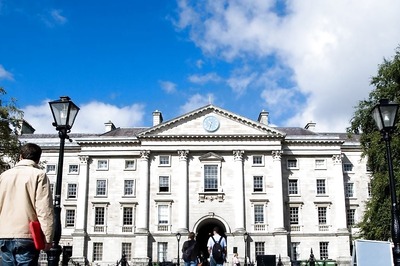
views
Scientists have developed a novel computer method called ZeitZeiger that uses a sample of blood to accurately predict circadian time - the time of day according to a person's body clock.
"Our study demonstrates a method for predicting a person's 'internal' time of day that could eventually be used to help diagnose and monitor circadian- and sleep-related disorders, and also to personalise treatments," said Jake Hughey from Vanderbilt University in the US.
"This is the first study to use genome-wide expression data from many individuals to develop a biomarker of the circadian clock in human blood," Hughey said. "Previous efforts to monitor the circadian clock in human tissues were based on a small number of individuals and/or a small set of pre-selected genes. Our method, ZeitZeiger, uses 15 genes from across the human genome to predict the circadian time," he said.
The researchers were surprised to find that 13 out of these 15 genes were not 'core' genes of the human circadian clock. Core genes are necessary for the generation and regulation of circadian rhythms. They can be compared to the gears of a mechanical watch.
"Most of the genes that were selected for ZeitZeiger seem to be outputs of the clock; that is they are not the gears controlling the clock, but the hands telling the time. This shows that when given data for almost every gene in the genome, the algorithm can figure out which set of genes gives the best predictions, even if they are not core clock genes," Hughey said.
Also read: SpaceX to Fly Two Private Tourists Around Moon in 2018
In addition to predicting the circadian time, the researchers demonstrated that ZeitZeiger can also be used to show how disruptions to sleep-wake and light-dark cycles affect the circadian clock.
The rhythms produced by the circadian clock differ widely amongst individuals at any given time of day and they are often disrupted by modern environments, for example, due to shift work or reduced exposure to sunlight.
Circadian dysfunction is linked to conditions such as cancer, depressive disorder and obesity. Knowledge of an individual's circadian rhythms could be used to optimise the timing of therapeutic interventions, which is known as chronotherapy.
Improving circadian function itself, which is called chronomedicine, could also benefit human health. However, both chronotherapy and Chronomedicine depend on the ability to monitor the state of an individual's circadian clock.
Current methods, which include measuring melatonin - the hormone that helps control sleep-wake cycles - require multiple samples and are impractical for widespread use, according to the researchers.
Also read: Nagaland Tops IT, e-Governance Sector
(Follow MWC 2017 Full Coverage Here)

















Comments
0 comment